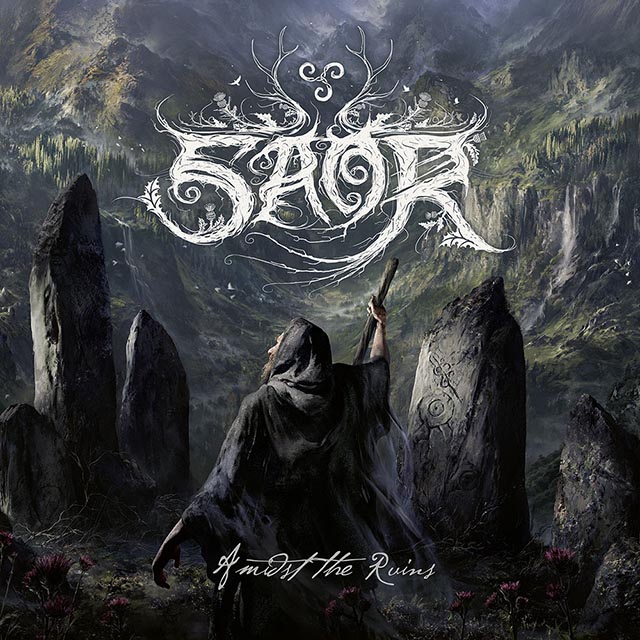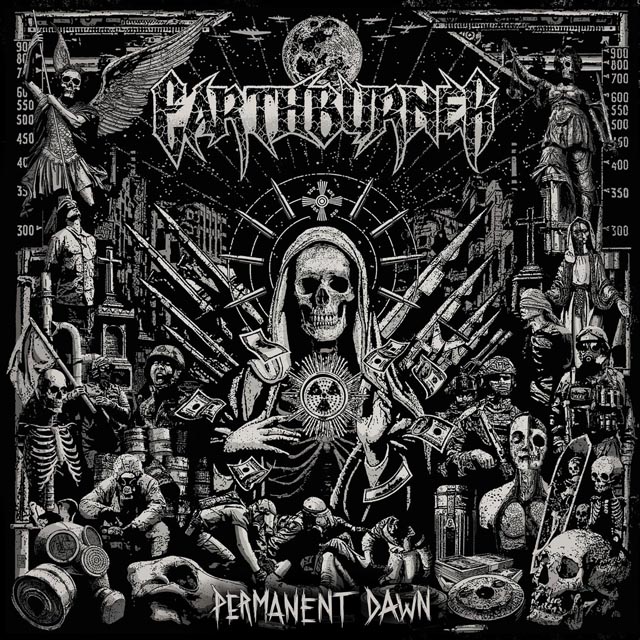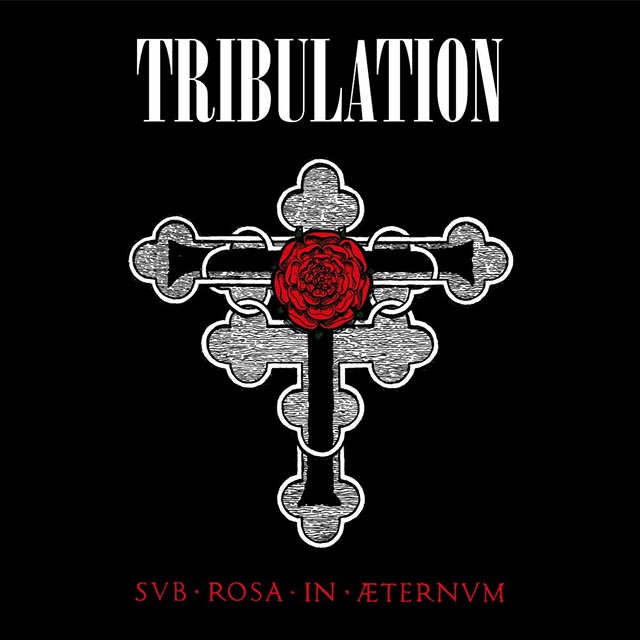 Headbanger’s Brawl is a weekly column where Metal Insider’sBram and Zach take a moment to debate and analyze two opposing sides of a topical issue occurring in the world of metal and/or the music industry.
Headbanger’s Brawl is a weekly column where Metal Insider’sBram and Zach take a moment to debate and analyze two opposing sides of a topical issue occurring in the world of metal and/or the music industry.
Spotify’s derailed U.S. debut has been well hyped and well publicized. Now, just a few days after bagging Universal, some sources are reporting that the European music service is near a deal with Warner Music Group (the last of the four major labels holding out). Because of this big break, Spotify could debut in the States as soon as the first week of July. However, while the service has been a huge hit overseas, it’s also been over two years since Spotify started their efforts for a American debut. With so much talk surrounding Spotify and cloud music, Bram and Zach discuss in this week’s Headbangers’ Brawl whether Spotify will be able to make as big of an impact in the States as they have in Europe.
Zach: It’s not out of the question that Spotify could take America by storm and become the biggest source of music. But it’s safe to say that it’s going to be a lot tougher for the European service now than it would’ve been even a few months ago. This time last year, there was no cloud music service in the States that became enormous or game changing. All the buzz was pretty much on Spotify even though we couldn’t access it. Fast forward a year later, and now Spotify is faced with major competitors. Granted, Amazon and Google’s cloud service doesn’t have the labels’ backing, and technically we haven’t fully experienced the iCloud’s full potential yet. However, those three (especially Apple) have name recognition, something that Spotify has but not on the same level. It’s definitely going to be more of a challenge for Spotify now that they have to compete with Apple (let alone Amazon and Google as well).
Bram: I agree, and who knows what kind of limits Spotify will have to place on itself to be allowed to come into America? It’s been suggested that the “freemium” model (like the one Pandora has) doesn’t really work, in that it’s tough to get some people to pay for the premium position after they can get stuff for free. And at the same time, the free versions are getting more commercials and limits placed on them. Even in Europe, Spotify is limiting the amount of free listening from 20 hours a month to 10. What it’s coming down to is this: you’re going to have to pay for music if you want it uninterrupted, whether it’s on the cloud or using Spotify. Zach, you just got your first smartphone. How do you feel about that?
Z: Unfortunately I haven’t gotten the chance to fully test my Android’s capabilities with the Amazon cloud, partly because it’s a tad slow at loading depending on where you are, but mainly because the majority of my music is on my iPod still (so 2006, I know). However, the amount of time I have spent playing around with the Amazon Cloud has been fun, and I think the benefits it gives people (being able to stream your own music from any PC or lap top) is pretty spectacular.
But I agree, Bram, people are going to have to pay for it, and that I think is a disadvantage, not for us the consumer but for the companies behind the service. One of the reasons why I haven’t uploaded more music onto the Amazon Cloud is because I only have the free 20gb version. I don’t want to pay for more storage space when I already have something like the iPod that stores a majority of my music (which is also much more than 20gb). Granted, not every one has a crap load of music on their mp3 players. But in my mind, if the cloud, or Spotify for that matter, is going to replace the mp3 player as people’s source for music, it’s got to be for the right price and with plenty of storage capabilities.
That’s why I’d argue that even before it’s actual debut, the iCloud has the upper hand in the cloud world. The pricing model for the iTunes Match ($24.99 a year) is pretty fair considering that they’re boasting that you can upload as much music as you want. Add into the account that iTunes is the leading music retailer right now, and it’s a given why Apple’s answer to the cloud service has been buzzed about just as much as Spotify. Can Spotify compete? Very possibly, but it’s going to be a bigger challenge for them than it would have been even a few months ago.
B: The winner of all of this is the music fan. $25 a year to have all the music you own available is a pretty solid deal. Spotify, even with just ten hours of free listening a month, will probably turn a lot of people on to new music, and forced to compete with the cloud service, subscription fees will probably be pretty affordable. On the other hand, the loser is just about everyone else. Artists aren’t making money from being on Spotify, it’s tough for smaller artists to get on Pandora, and while the labels are getting paid by the likes of Apple to be involved in the cloud service, they’re taking a big payout, and there’s no word on how that will trickle down to artists – or if it even will.






